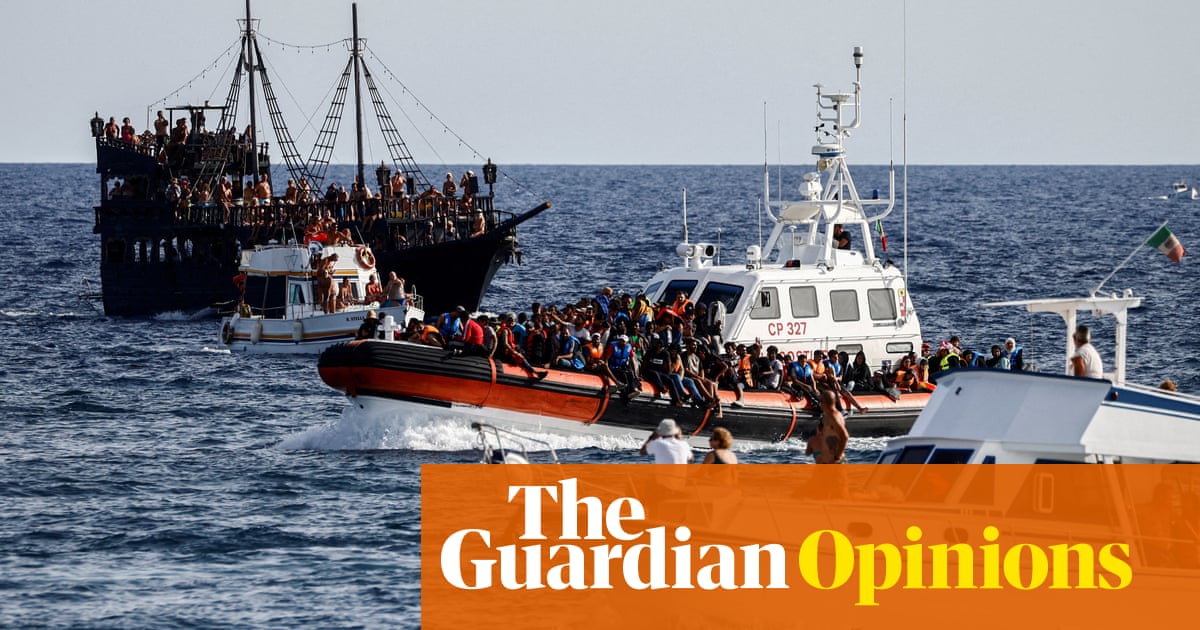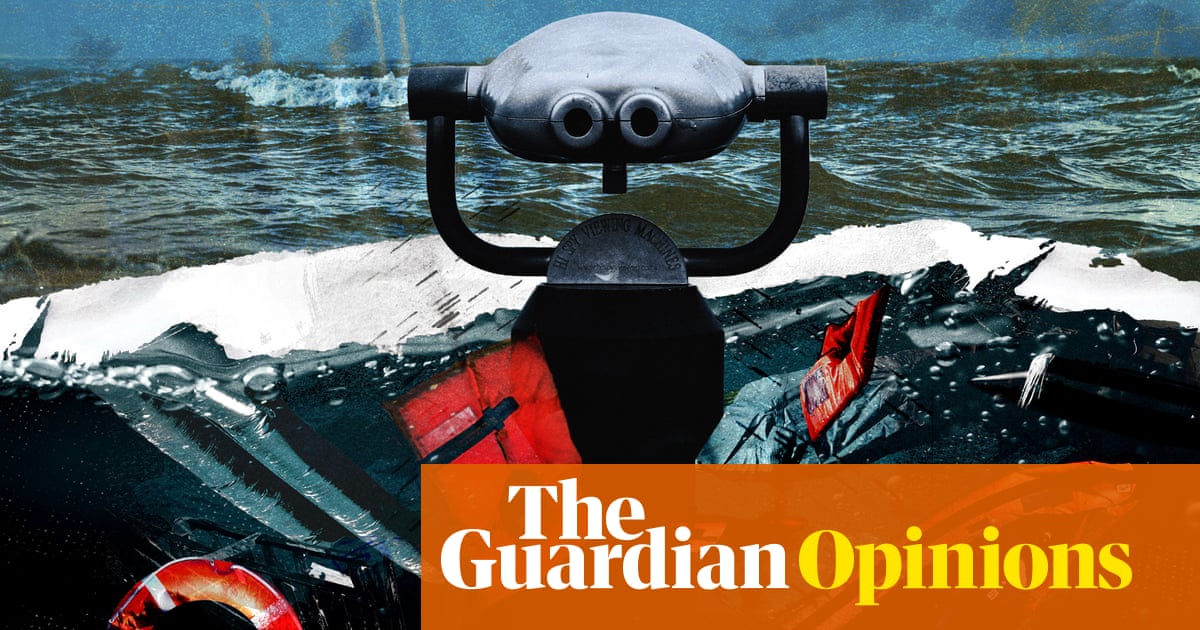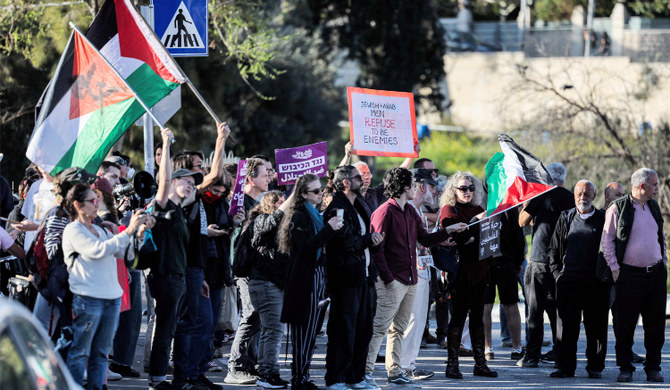
Amani clutches her son, Mohammed, as she is pulled from an unstable wooden boat in the Mediterranean. “Please help. My baby is soaked in water and freezing,” says the 23-year-old Syrian refugee.
It’s shortly before 2am, last Monday and about 80 miles (130km) from the Libyan coast a group of maritime emergency responders from the Sea-Eye 4 are on patrol.
In less than 24 hours, the search and rescue vessel, which is the German NGO Sea-Eye’s newest ship, will rescue 408 people from five different refugee boats in distress during its first mission. Among them will be 150 children and unaccompanied minors, including two babies, the youngest eight months old.
Most of the children showed signs of severe hypothermia, says Marlene Fiessinger, a nurse from the medical team on board. Other children have skin and viral infections, and injuries sustained by days on the wooden boats.
“One eight-year-old boy whom we brought aboard has suffered from serious dehydration and had a heart rate around 40, which can be fatal for a child. He was not alert any more,” says Fiessinger. “If the child had stayed any longer on the refugee boat, or if he hadn’t been treated, he would have died.”
Concern has been growing about the number of children in the Mediterranean crossings. On only one day last month, 114 children were pulled from the sea.
“If the number of the children is increasing, it means the situation is so dire that the parents have reached a point where they have to risk the lives of the children because the alternative is worse and unbearable,” says Canelle Kraft, a human rights observer on board the ship.
The Mediterranean Sea has been deadly for more than 20,000 migrants since 2014, and more than 700 deaths have been recorded so far this year.
Last Tuesday, more than 50 people were feared drowned after their boat heading to Europe from Libya sank.
Most of the people rescued by Sea-Eye 4 on its maiden voyage came from Syria, Mali, Eritrea, Bangladesh, Sudan and Egypt. On Friday, the passengers disembarked in Pozzallo, Italy, where they were searched by police and tested for Covid-19.
The rescue volunteers on board say this week has involved the largest and most challenging operations they have experienced in months.
“Five rescue operations in such quick succession was extremely challenging, exhausting, and almost overwhelming,” says Sophie Weidenhiller, a Sea-Eye rescuer and spokesperson.
“The desperation of these people seeking refuge is a clear sign of the situation getting worse. No adequate solutions have been established by the EU.”
The Sea-Eye 4 is one of the few NGO rescue vessels operating in the Mediterranean.
“If we had not been there that night, all or most of these children and adults could have died,” Weidenhiller adds.
Among those rescued were Safoua and her baby boy, who left Ivory Coast in search of a better life away from an abusive relationship. She travelled through Mali, Algeria and Libya. “But in Algeria, I was sold to Libyan traffickers and imprisoned in a Libyan detention centre for 10 months together with my baby.”
Aid agencies have documented cases of torture and abuse inside detention centres in Libya. Safoua says she was raped. “The dangerous journey through the Mediterranean was still better than the hell of Libya,” she says.
Adja (not her real name), from Mali, arrived in Libya three months ago. “We were imprisoned in detention centres with other women and children, without food or water. Even the babies were not receiving any food. Every night before we went to sleep, we heard gunshots,” she says.
She was also raped and is now pregnant. “I beg the European Union: please help us,” she says.
In the UK, Rape Crisis offers support for rape and sexual abuse on 0808 802 9999 in England and Wales, 0808 801 0302 in Scotland, or 0800 0246 991 in Northern Ireland. Other international helplines can be found at ibiblio.org/rcip/internl.html












